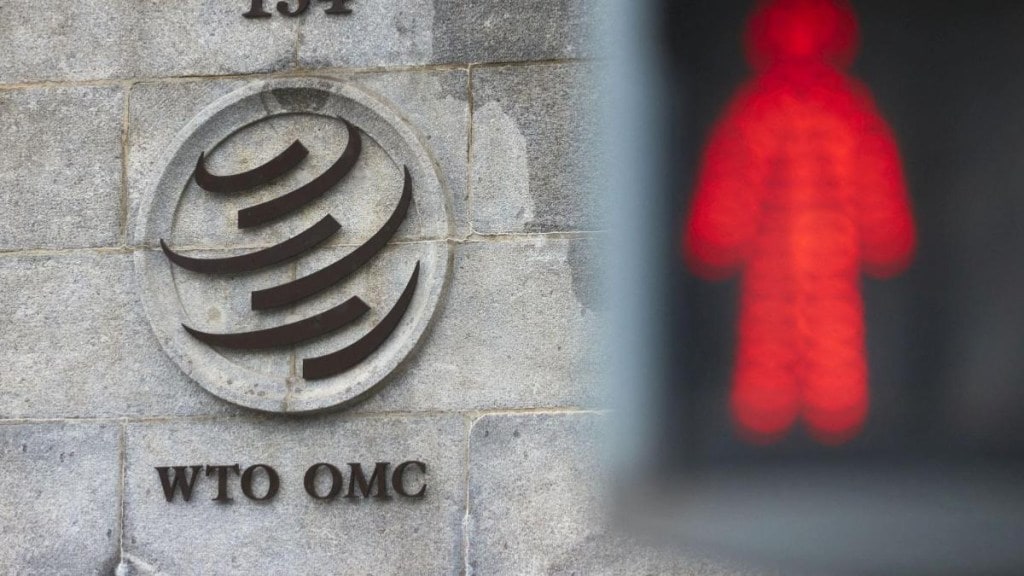India on Wednesday blocked an attempt by some World Trade Organization (WTO) members to get the China-inspired investment pact in the development agenda of the 13th Ministerial Conference, which will ensure that it is unlikely to be part of the final outcome document.
India, in its attempt to block inclusion of ‘Investment Facilitation for Development (IFD)’ in the WTO during the working session on Development, was joined by South Africa. Both countries in their submission said that as there is no exclusive consensus on the agreement, it cannot be included in the MC13.
Though the IFD has the backing of 123 countries and on Sunday the text of the agreement was released, strictly speaking it is still not an agreement because it has not been ratified by those countries. India is also of the view that it is still debatable whether IFD is a trade agreement.
In the working group discussions on development India pointed out that there have been many promises, but very little action, on account of which the vulnerabilities of the developing countries including the Least Developed Countries have only amplified further.
India said that the developing countries urgently needed flexibilities in existing rules. Infant and young industries in developing countries needed support through conducive policies, incentives, subsidies and level playing field.
Apart from working sessions on dispute settlement and development, discussions were also started on final outcome documents that will come out at the conclusion of MC-13 on Thursday.
India stressed that the issues relevant to the developing countries should find focus and insisted that new issues should not be considered for ministerial mandates unless past decisions and unfulfilled mandates were acted upon.
On the last day, the MC-13 Working Group meeting on e-commerce will be held along with finalisation Draft Abu Dhabi Ministerial Declaration. On e-commerce India is sticking to its stand on letting the moratorium on taxation of cross border electronic transmissions lapse by March 31 this year. This is to give back to the country’s sovereign right on taxation.
“If members want they can decide not to impose the tax to support the sector if they want,” an official said.
